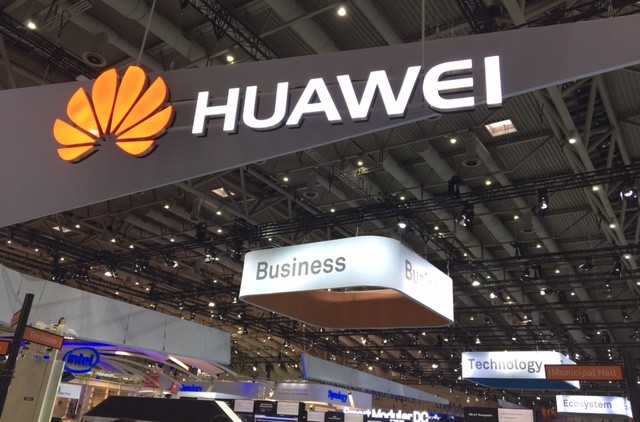Huawei Denies Order Reduction Report

Chinese firm has again denied media reports that it is reducing orders to its manufacturing partners
Huawei Technologies denied a fresh media report that it has cut or cancelled orders to major suppliers of components for its smartphones and telecom equipment.
The Nikkei Asian Review reported that Taiwan Semiconductor Manufacturing Co Ltd (TSMC) has confirmed that “orders from Huawei have declined since the Chinese company was hit with a de facto ban on using US technology.”
Huawei however has rejected this. “Our global production levels are normal, with no notable adjustments in either direction,” a Huawei spokesman told Reuters on Thursday, adding there was “no change” to its smartphone sales target.
![]()
No adjustments
The Nikkei also reported that Taiwan-based Auras Technology, a top supplier of cooling modules for Huawei devices, said a Chinese customer’s orders had been affected. However it did not name the company.
A source familiar with Huawei smartphone orders also reportedly told the Nikkei Asian Review that the company has downgraded its forecast for total smartphone shipments in the second half of 2019 by “about 20 percent to 30 percent” from the previous estimate.
Another representative at a Huawei supplier that makes power-related components for its smartphone and telecom gear businesses told the Nikkei Asian Review the Chinese company has suspended some orders.
But Huawei insists nothing has changed.
Indeed, last week Huawei denied a report in the South China Morning Post, which cited unnamed sources, as saying that Foxconn has halted production lines for several Huawei phones, following the reduced orders for new devices from Huawei.
Huawei told Silicon UK at the time that it was not cutting back on orders.
“Huawei refutes these claims,” a spokesperson told Silicon UK last week. “Our global production levels are normal, with no notable adjustments in either direction.”
Entity List
Huawei’s denials come after an executive order issued by President Donald Trump in mid May, that declared a national security emergency against Chinese firms.
Almost immediately after the President’s executive order, the US Commerce Department added Huawei and 70 affiliates to its so-called Entity List, which bans them from buying parts and components from US companies without US government approval.
That decision made it difficult, if not impossible, for Huawei, to sell some products because of its reliance on US suppliers for essential silicon and other components.
Just days later however the US Commerce Department announced a 90-day delay to the imposition of trade restrictions on Huawei, but the Chinese firm said that the extension didn’t ‘mean much’.
Huawei is therefore still allowed to buy US goods until 19 August.
But there are worrying signs.
Firms such as British chip designer ARM, as well as Intel, Qualcomm, Xilinx and Broadcom have said they are halting co-operation with Huawei.
Google has also restricted Huawei’s access to future Android operating system updates, which impacts its ability to offer popular Google apps on its phones in the future.
Contingency plans
Huawei however has made some contingency plans.
For example it is reported that the firm had built up a three month component inventory ahead of President Trumps executive order.
Huawei is also understood to have built its its own Android -based operating system.
For the time being though Huawei can still use the stripped down, open source version of Android that ships without Google Mobile Services.
And Huawei smartphone customers can still access Google’s app store, but this is not certain going forward and the Chinese vendor could be forced to offer third party apps via its own Huawei app store.
Huawei is also hitting back legally after it adjusted its lawsuit against the US government over the law that bans any federal agencies from using Huawei equipment on national security grounds. It is arguing that ban is ‘unconstitutional’.
Huawei has also reportedly sent home American staff that undertake R&D functions at its Shenzhen headquarters.
It has also reportedly asked its Chinese staff to limit conversations with overseas visitors, and cease any technical meetings with their US contacts.
Meanwhile Chinese firms involved in the mining of “rare earth” materials, commonly used in tech components, could well be used as a way for China to respond to the US blacklisting.
Do you know all about security? Try our quiz!